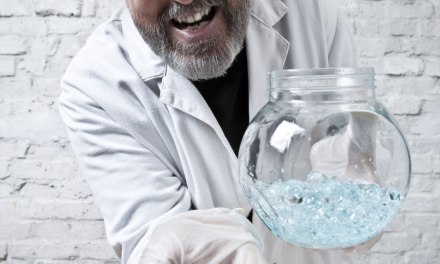Why do many so-called ‘wellness’ clinics offer ketamine therapy, as opposed to other mind- altering substances such as psilocybin? Probably because ketamine is classified as a Schedule Three controlled substance.
Schedule Three means a drug is viewed as having lesser potential for abuse or dependence, compared to some others, and at least limited use in medical practice (ketamine’s original use was as a battlefield anesthetic). Other drugs in Schedule III include SuboxoneTM, various codeine preparations, and some steroid medications.
Meanwhile, drugs such as psilocybin, MDMA, and LSD are under heavier restriction on Schedule 1. They’re seen as having greater potential for abuse, and no current medical use. That last is the reason advocates have promoted them as potentially valuable psychiatric medications.
Before you ask: Yes, cannabis is also a Schedule One drug, and no, that has never made sense to most people. Especially now, in an era of ‘medical’ marijuana and legalized ‘recreational’ drug use.
Moving on: many new-style ketamine clinics claim dramatic benefits for the drug in the treatment of depression. Especially in cases where depression has proven to be treatment-resistant — meaning other remedies have been tried, without success.
How many of those claims are legitimate? Let’s take a look.
An article on Medscape examined ketamine’s effectiveness in practical as well as research terms, accompanied by some interesting observations from a German practitioner experienced in the treatment of chronic depressive disorders, including with ketamine.
One advantage to choosing ketamine is how rapidly it seems to relieve depression. That’s certainly not the case with conventional antidepressants — they can require weeks to produce the desired results.
The drug also produces a host of less desirable effects. Those include “…a strong clouding of consciousness, a reduction in physical sensory perception, and significant disruption in thinking and memory.” It sounds more like ECT than Prozac.
The researchers concluded that ketamine is “…only suitable as a short-term intervention and is therapeutically impractical over the long term.” I can see that. Who’d want to experience it on a weekly basis?
Apparently some people do, because that’s how it’s administered in many of the ketamine therapy centers that have popped up around the US. Repeatedly, over a span of weeks or months. And as is often the case, little is known about the effects of longer-tern use. I imagine some will emerge.
Next question: what about results? Per the report: “…approximately 60% of patients respond to the treatment.” That’s good. “However,” the report goes on, “relapse always occurs, usually very quickly. After 2 to 3 days, the effect is usually approximately that of a placebo.”
Ah. I should have suspected as much. That short duration of effect is what it made of use on the battlefield. Worse yet, “…resistance to the effect often develops after some time: the drug’s antidepressant effect diminishes.”
Sigh. The effects are impressive and immediate but also diminish quickly. That could be a real drawback, especially in view of how disruptive the treatments can be. Also, they’re far from cheap, and ordinarily not covered by insurance.
There is some some good news: one study found that ketamine’s rapid impact and ability to interrupt suicidal depression could prove to be a major asset in an emergency situation with, for instance, a suicidally depressed patient. In that circumstance, the drug’s ‘clouding’ effect and associated memory loss wouldn’t represent a significant contraindication. The benefits would outweigh the risks.
Now that sounds like a legitimate use of the drug. Rather than what currently passes for ketamine therapy.













